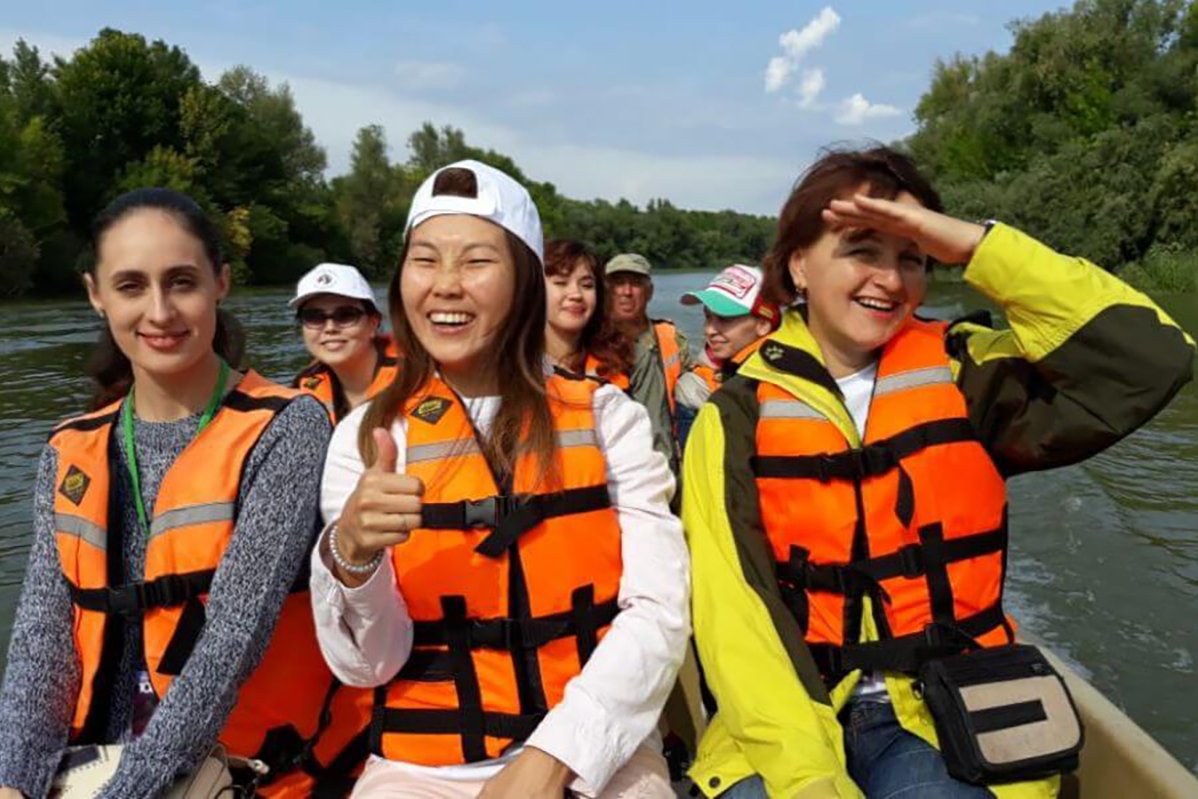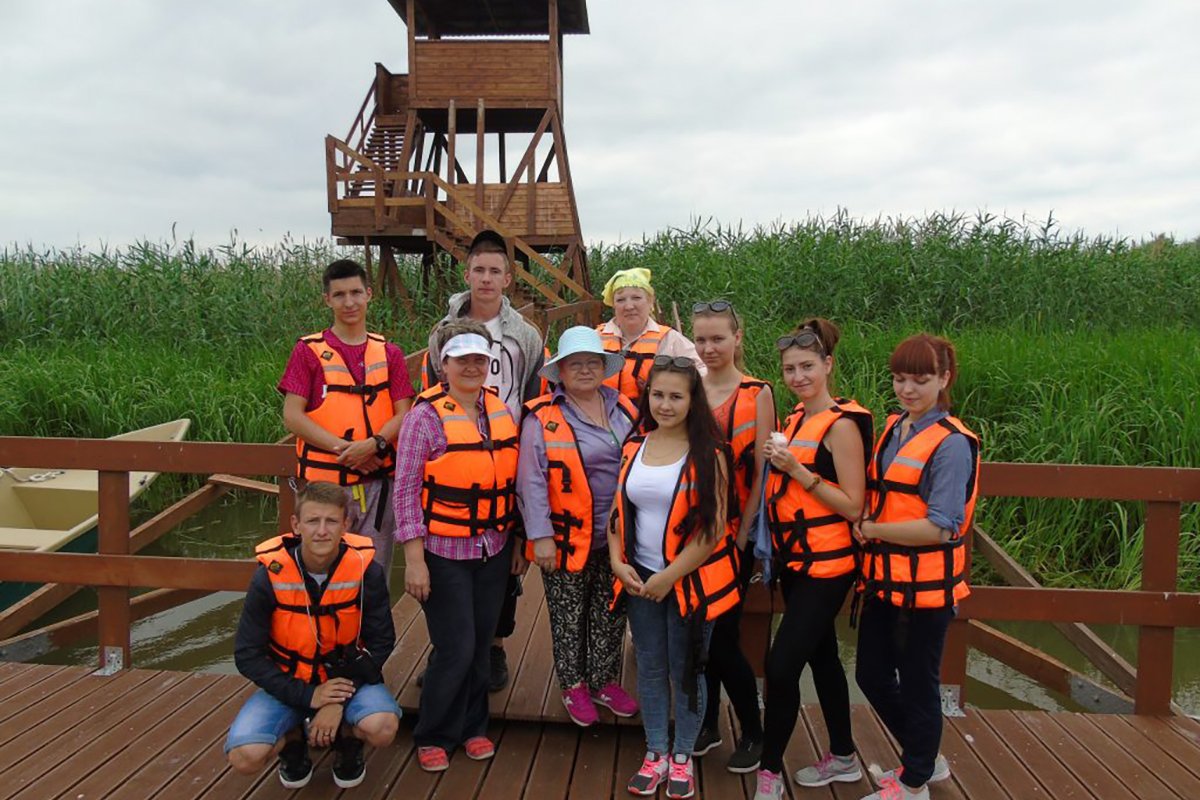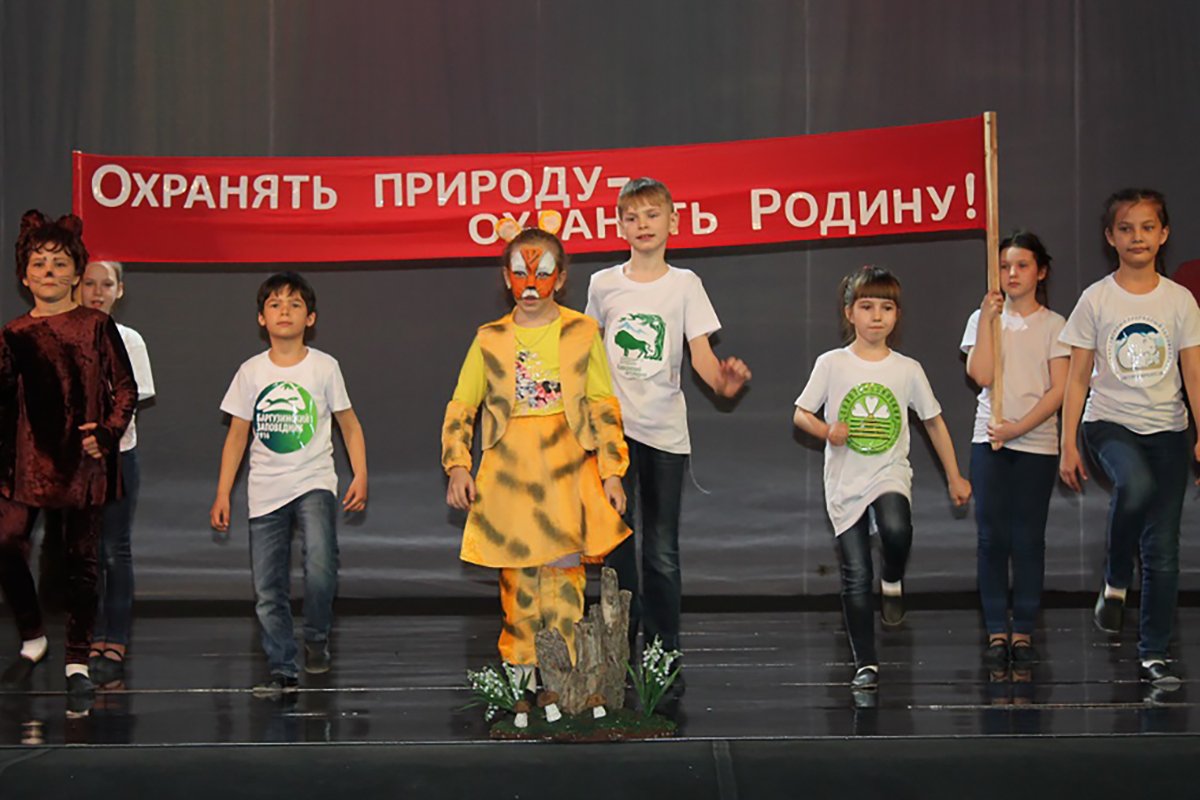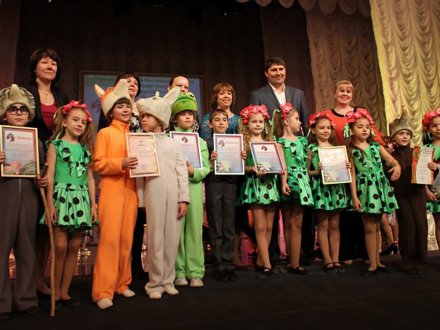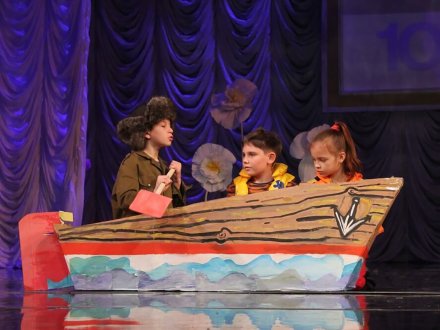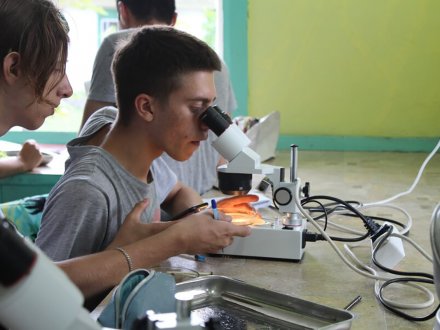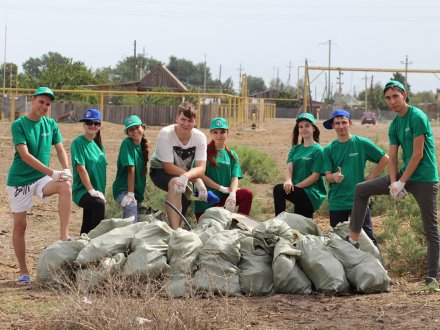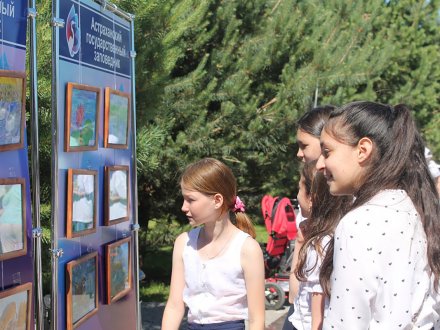Astrakhan Reserve’s Department of Environmental Education was established in 2000. The main goals of environmental education are to encourage support of principles of conservation in broad segments of the population, to contribute to the solution of regional environmental problems, and to participate in the formation of people’s environmental awareness and development of an environmental culture. Each year reserve staff organize more than 70 environmental and educational events, including mass events such as holidays, festivals, contests and special occasions, which draw the attention of the public and media to environmental protection issues.
- Holding environmental contests, promotions, holidays and other events aimed at expanding the environmental horizons of youth and actively involving them in environmental programs
- Organizing young people’s ecology field camps for students interested in the biological sciences as a prospective future profession, and as a means of developing their associated practical skills
- Developing creative potential, promoting talented youth and creating original artistic products (crafts, posters, postcards, photographs, etc.) to demonstrate the beauty and uniqueness of the nature of their native land and draw public attention to conservation through art
- Organizing ecological excursions inside and outside the reserve
- Conducting thematic classes (lectures, talks, discussions) for schoolchildren and students
- Sponsoring contests, quizzes, olympiads and conferences
- Attracting young people to take part in long-term education projects aimed at finding comprehensive solutions to regional environmental problems.






